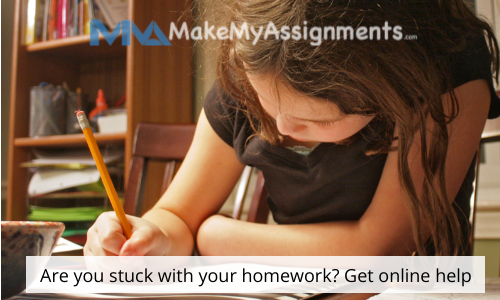
Our kids need all the mental health support in the age of social media
If you are a parent of around mid-thirties or forties, you might think that your childhood was completely different from that of your children. Isn’t it?
If you had a bad day at school, you were either bullied by students or teased for no reason. After the school got over, you simply headed back to homes. But, for today’s kids, this isn’t true. The school day, along with their enormous social networks, never ends. A world isolated within Facebook, Instagram, Snapchat, Twitter and many such online platforms.
“Our kids usually take their social worlds home with them in their tiny little pockets.”
The constant buzz and ping on their phones- notifications popping up on the screen, posts scanned, stories shared, all of this adds up to their whole new world of social media. Well, the kids today might not have got the great opportunity to socialize with people in the real world like we did. They might not be aware of the world outside their phones, social networks, and connections. Not to forget that the real world is much harsh in reality than what it appears on the internet; resonating itself to be an aspect of truism.
Some of us may thus argue that the phones be kept away from our kids.
But, considering all these statements, it simply highlights the ever-growing chasm between the realities of young people and their parents (particularly their childhood).
The conversation does not just end here…Before we talk about the young people and keeping them away from phones, it is necessary to first challenge ourselves and the habits we adhere to. How long do we actually go before checking our phones? When was the last time when you actually took a day off without looking into your phones?
The bottom line is that most of us elders out here, who belong to the era of landlines and posts, do not possess the skills and experience of how to support the kids, the world’s first-ever digital natives. And it simply reflects in their move.
Our children are calling out for help, but it’s only considerable if we have the ears to listen them.
“This isn’t about someone else’s kids or children.”
Let me be clear on this point.
This isn’t merely about those kids who need help. This isn’t also about those families who need support.
This is about all of our kids. This is about all of our families.
According to a report published by the National Association of School Psychologists, “One in every five children and especially adolescents experience a mental health problem during their school days.” This might include examples like stress, anxiety, family problems, depression, bullying, learning disabilities, and alcohol and substance abuse. Serious health problems such as suicide and self-injurious behaviors are on the rise, particularly among adolescents and the young ones. Unfortunately, there’s an estimate of about 60% of students who do not receive the treatment they need due to the lack of access to services and the stigma attached to it. And the ones who get help, they are around two-thirds of the whole group who get treatment from their schools.
“We need people, practices, and professional learning in the field to support our children.”
A few initiatives can help us do so.
All schools need a counseling coordinator (teacher) – There’s a need in every school to recruit a person who is an expert in the field of mental health and student support services. The one who acts as their only source to every answer or strategy and is resourceful enough to parents, teachers, and families. In the absence of such steward, students, families, and teachers find themselves to be lost in a sea of turmoil.
Students need to be benefited from research-based practices that equip young people with social-emotional learning to empower them with interpersonal skills, decision-making skills, and self-esteem to meet the rigors of being an adolescent in today’s world.
In addition to this, teachers need to perform robust professional learning opportunities for children to not only educate them according to academic needs of the 21st-century students but also to the practical methods with which they can support the kids.
And finally, for those students and families in need, schools should organize counseling sessions on the premises by outside providers to lend some support to them. This, somehow, minimizes the difficulties and hurdles that often prevent families and students from accessing the support they need.
We cannot tell about the (our) future. We are not aware of the uncertainties that might make us stuck in the near future.
We cannot simply tell about the needs our children might have- perhaps not now, but somewhere down the line.
This isn’t all about helping those kids or supporting those families.
It’s just about ensuring that all (ours and others) students have the support they need to thrive in this 21st century society.






